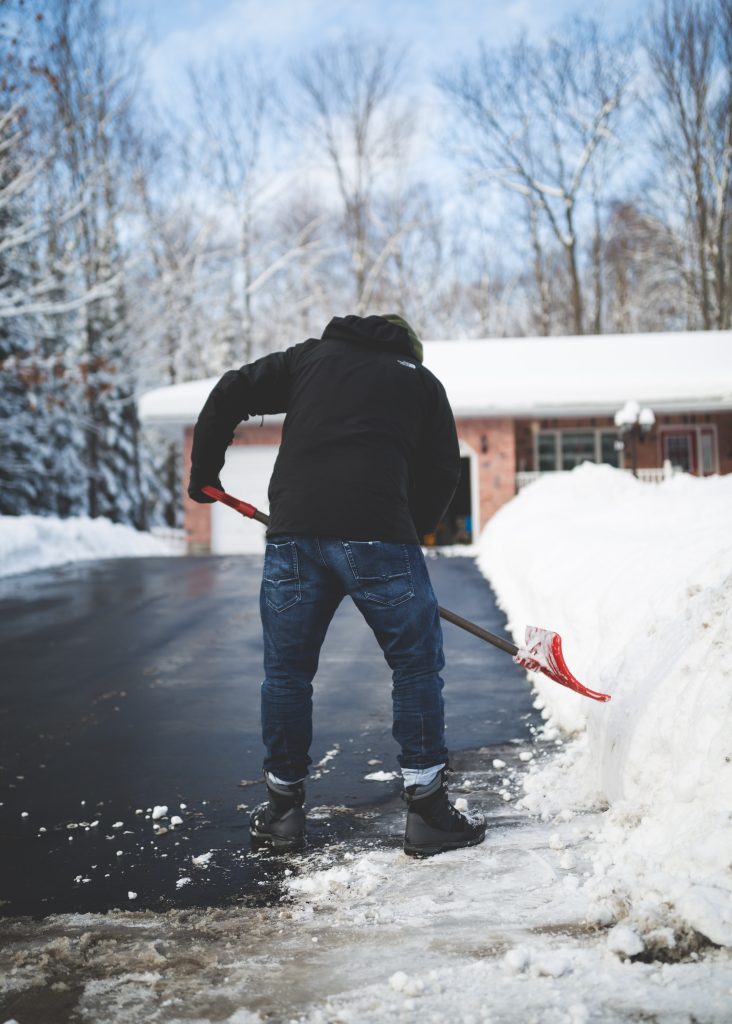
“Flo” attends my Strong for Life class at the local senior center. Her legs are swollen from edema, she has a hard time breathing, and she relies heavily on a cane. I give her seated options for the exercises and help her out by handing her weights, bands, and bring out a chair out for her.
She was telling me when her kids visit, they want to do everything for her. She lives by herself and while she’s slow to get around, she’s able to live independently. She was telling me how they bring her things, cook for her, and try to be helpful around the house but she doesn’t like it. She exclaimed to me “don’t they know I’m doing all this stuff living by myself?! I don’t need their help!” She didn’t appreciate the help and preferred to do the housework on her own. This was a big “a-ha” moment for me. Helping others can be interpreted as I don’t think you’re capable of doing this, so I’m going to do this for you. I was guilty of doing this by getting her weights, bands, and a chair trying to be helpful when she was perfectly capable of doing it herself. I was making an assumption that it was hard for her and she wanted the help. I’ve stopped “helping” her since she told me this story.
Many times my class participants will come early or stay after class and ask if they can help set up or clean up after class and I always said “no” feeling like it’s my job to prepare for and clean up after class. I’ve stopped doing this. Anytime they ask to help, I take them up on it. They are perfectly capable of doing these things and want to contribute. I assign them tasks when they come to class and they love having something they can do to be helpful. The senior living place I teach at, I noticed the able-bodied people would always find ways to help out the residents with less mobility. Now I assign them things to do like pick up the balls or push one of the wheelchair residents back to their room.
My mother-in-law was telling me how a neighbor sometimes comes and shovels snow off their driveway but she doesn’t want the help because she was able to do it herself. I had another friend in her 70s say something similar. She felt both grateful and turned off that her neighbor came and shoveled her driveway. This had me re-think helping older adults and ensuring they want the help before I step in to help.
I’ve preached about keeping our physical abilities by using our body for everyday movement and I was depriving my participants of movement and doing things they wanted to do. It was not the right approach. Now I assess if I’m helping based on assumptions that someone is incapable of performing a task and ensure they want the help.
Leave a Reply
You must be logged in to post a comment.